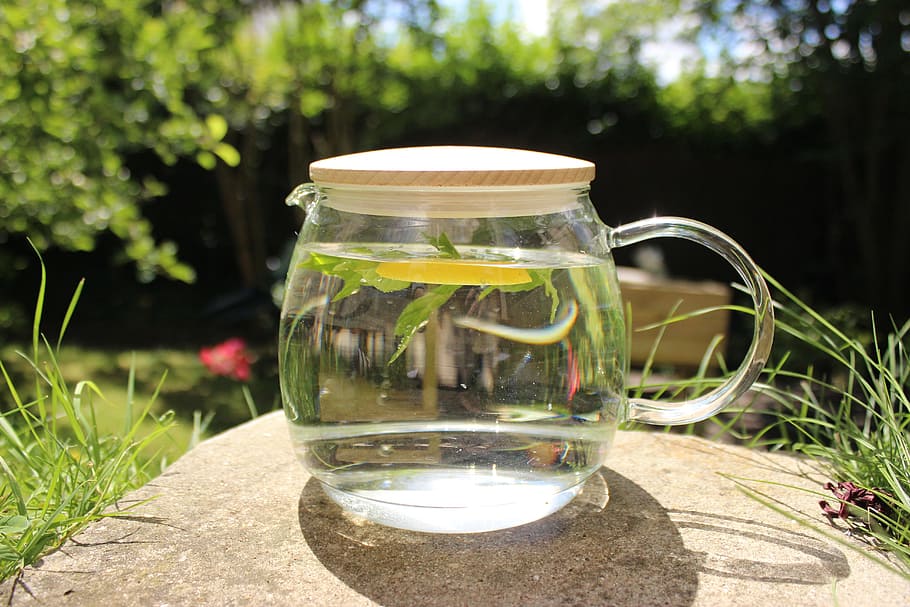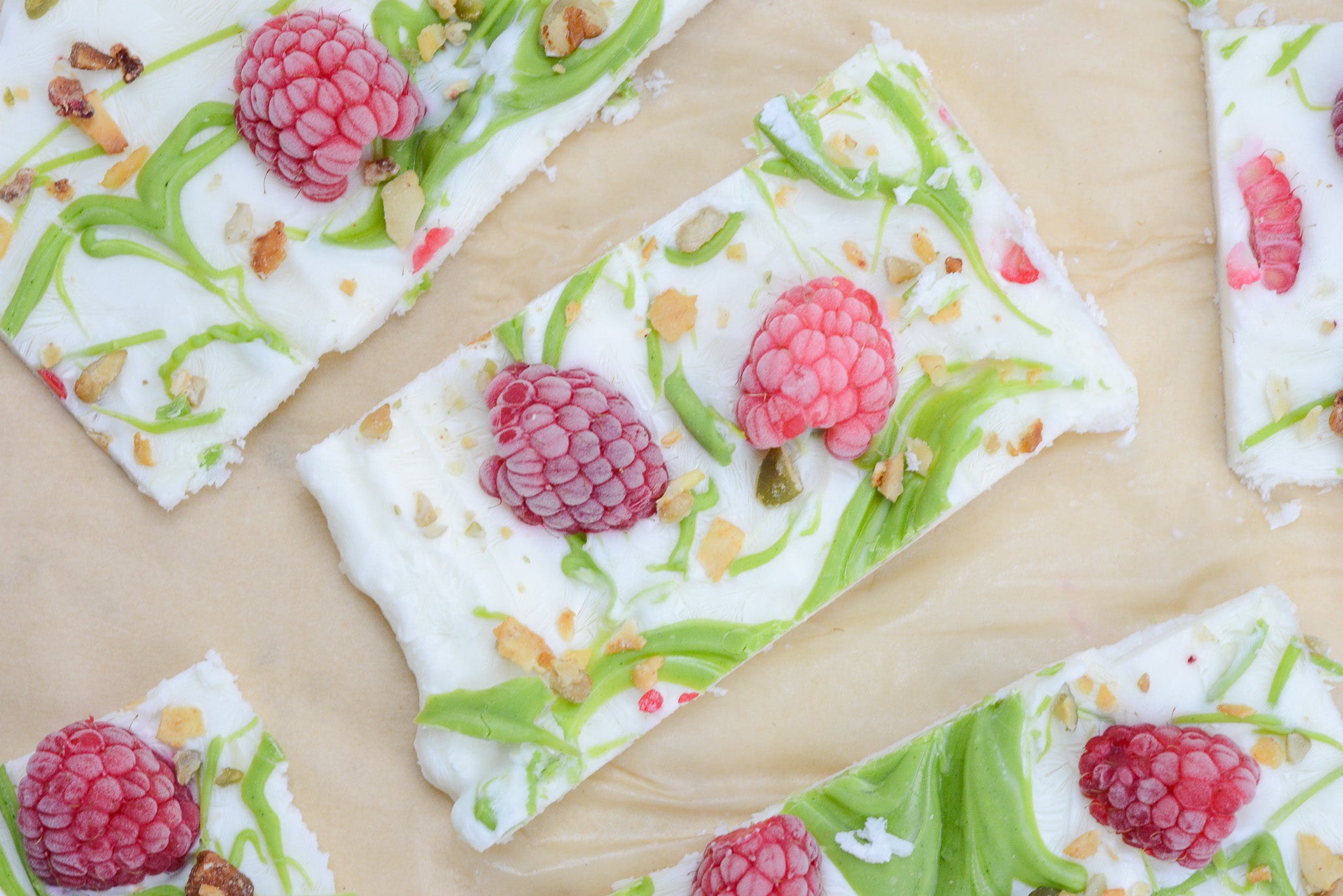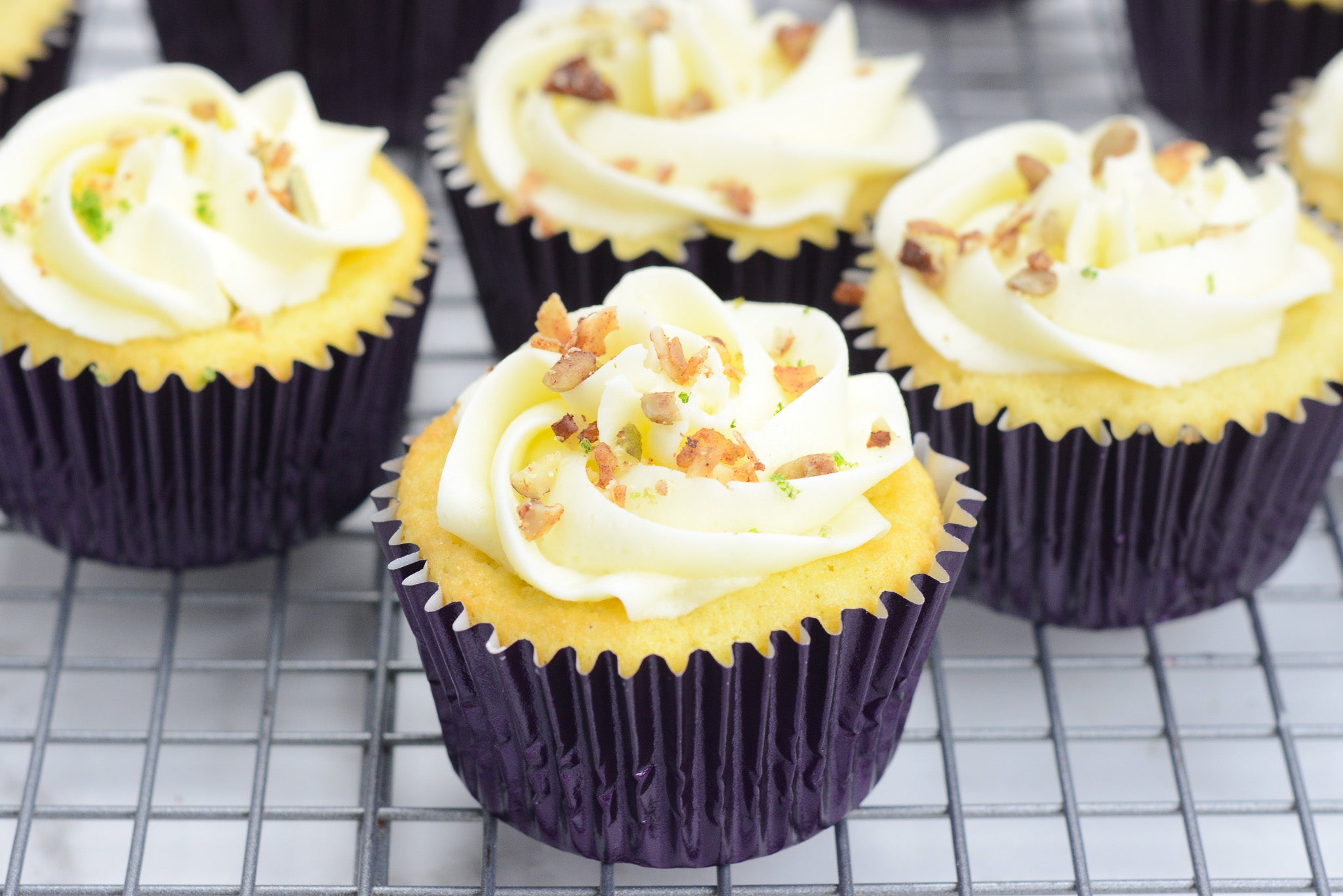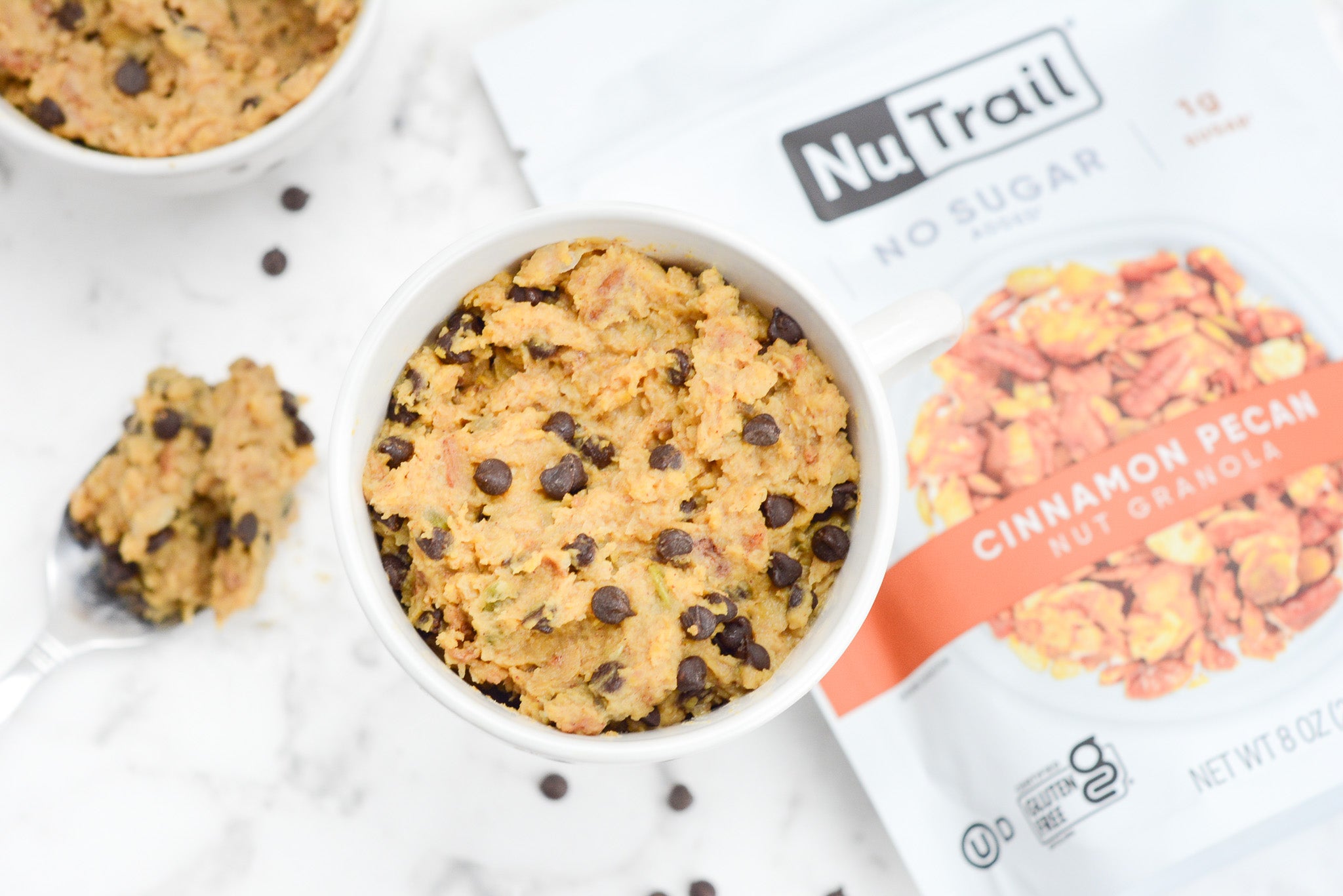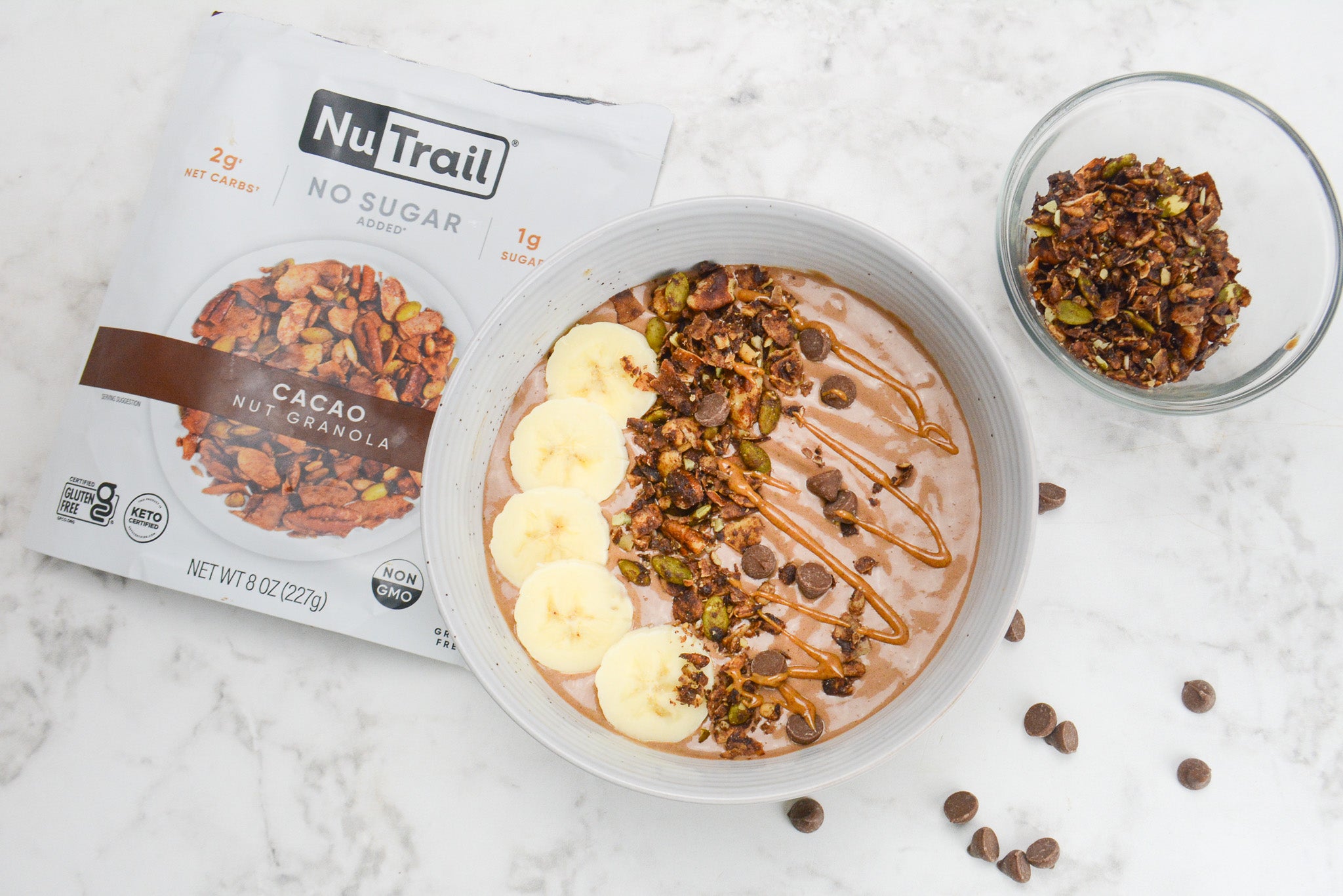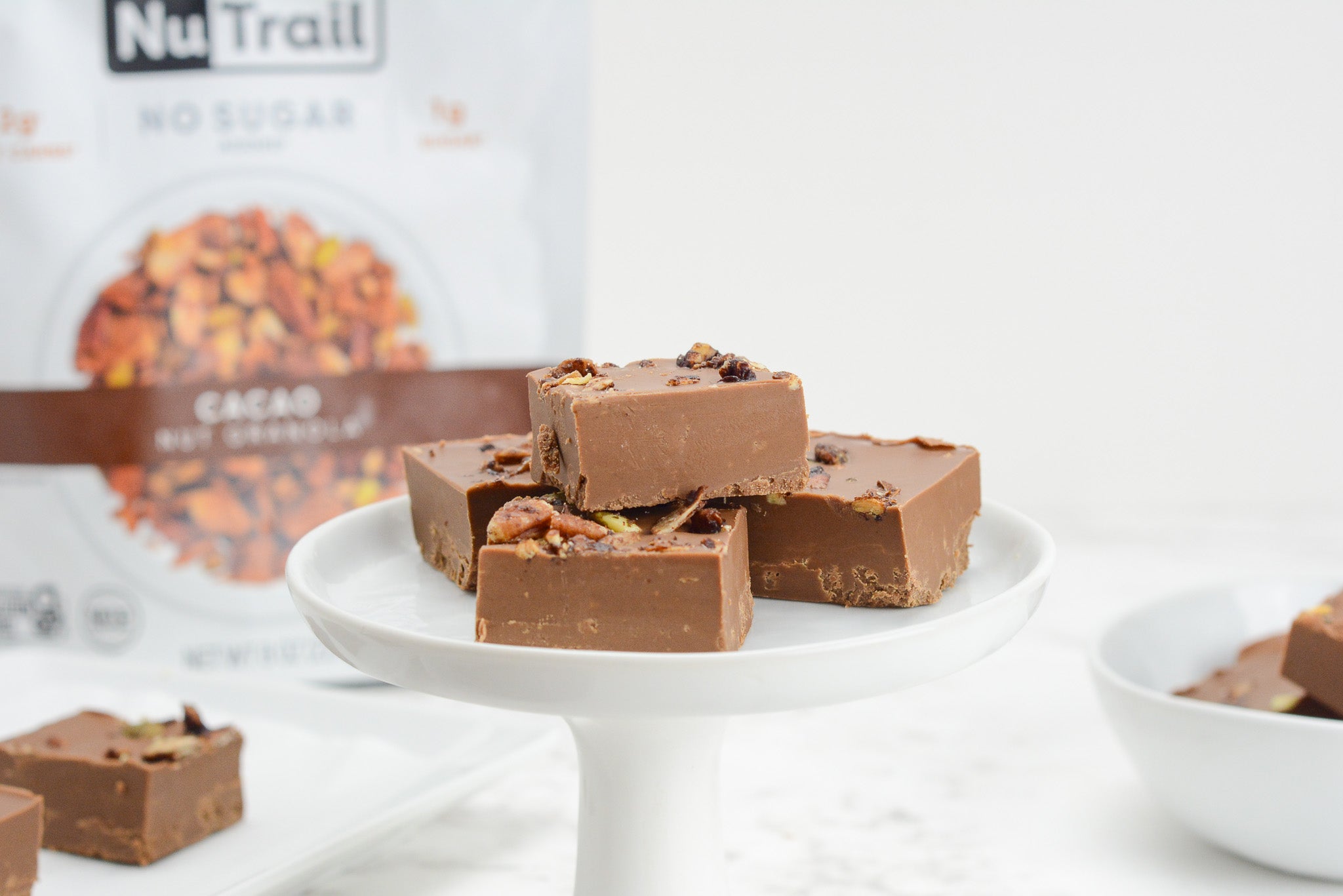Summer is in full swing with its soaring temperatures and sunny skies. While most of us know that staying hydrated is important, putting it into practice is sometimes a big challenge. It’s common to lose track of your water intake while you are distracted at the pool or at a social gathering. Feel your best this summer and help decrease the risk of dehydration by incorporating these 5 hydration tips.
1. Set a daily goal for yourself.
Although there is no one-size-fits all answer, the average daily water recommendation is approximately 15.5 cups (124 ounces / 3.7 liters) for men and 11.5 cups (92 ounces / 2.7 liters) for women, according to the U.S National Academies of Sciences, Engineering, and Medicine. Another common equation you can use to calculate your estimated recommended water intake is to drink half your body weight in ounces. For example, based on this equation, an individual that weighs 200 pounds should drink approximately 100 ounces of water daily. No matter what formula or equation you use, it is important to remember that fluid recommendations can vary among individuals, depending on factors such as activity level, outside temperatures, medical history, medications, and age. Speak with your doctor or dietitian to help determine your personalized hydration needs.
2. Purchase the perfect bottle or glass.
In today’s age, there are so many water bottles and glasses on the market to choose from. Registered Dietitian, Chelsea Rice, recommends purchasing a bottle and/or glass that works for you and your lifestyle. Do you drink more water from a bottle with a straw? Or in a glass that is clear? Once you determine your approximate daily goal and find the perfect drinking container, you can then calculate how many times you need to refill it daily. For example, if you determine you should drink approximately 90 ounces of water per day and you purchase a 30 ounce water bottle, you would need to refill that bottle 3 times each day.
3. Add electrolytes.
Electrolytes are a key piece of staying hydrated this summer as they are essential for basic life functioning. Electrolytes help your body regulate chemical reactions, maintain the balance between fluids inside and outside your cells, control nerve and muscle function, and more. Your kidneys filter excess electrolytes out of your body through your urine. You also lose electrolytes through sweat. Significant electrolytes include sodium, potassium, chloride, magnesium, calcium, and phosphate. Although you do get electrolytes through food, adding an electrolyte powder or tablet to your water may be recommended depending on your hydration levels and needs. Always speak with your doctor or dietitian to determine your individualized electrolyte recommendations.
4. Flavor your water.
If you are tired of plain water, experiment with flavoring your water. You can infuse your water with fruit, vegetables, and herbs. A few favorite combinations include strawberries + basil, cucumber + mint, and lemon + lime. You can even purchase an infuser water bottle so you can easily take your flavored water on-the-go. The options are endless!
5. Hydrate with food.
If you are not an avid water drinker, you can also get fluids from water-rich foods such as fruits and vegetables. Adding foods with water into your daily meals and snacks can help reduce the risk of dehydration. This Delicious Chia Seed Pudding recipe is a great example of a meal and snack that includes water from the almond milk as well as from the fruit you choose to top it with.
In conclusion, by following these five essential hydration tips, you’ll feel refreshed and will keep dehydration at bay throughout the hot months. Remember, water is your best friend when it comes to hydration, so make it a habit to drink plenty of it everyday. To help increase your water intake, purchase a fun water bottle, add electrolytes, or infuse it with fruit, vegetables, and herbs. And don’t forget that you can get some fluids through eating water-rich foods such as fruits and vegetables.
Stay cool, drink up, and enjoy a happy, hydrated summer season!
Resources:
- https://www.health.harvard.edu/staying-healthy/how-much-water-should-you-drink
- https://www.mayoclinic.org/healthy-lifestyle/nutrition-and-healthy-eating/in-depth/water/art-20044256
- https://www.ncbi.nlm.nih.gov/books/NBK541123/





